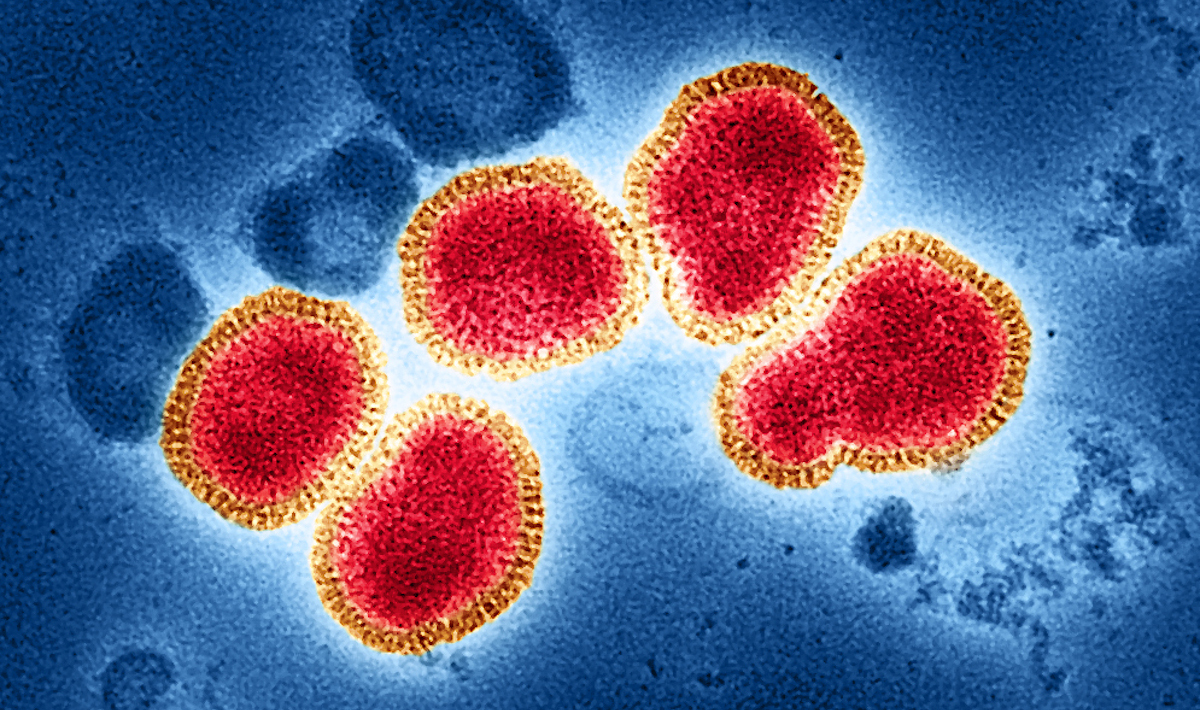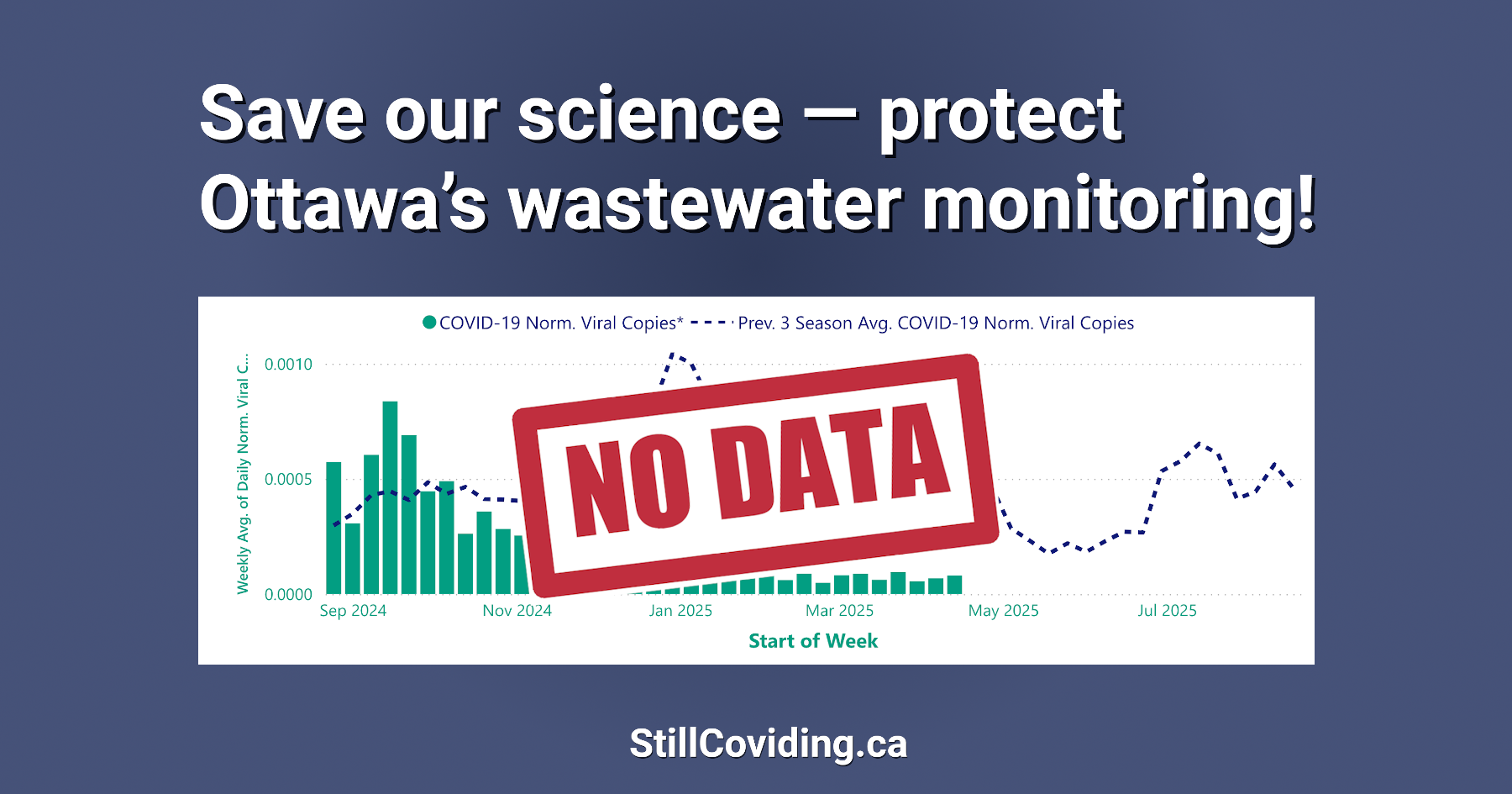University Health Network (UHN) has announced a new requirement for staff, patients and visitors to wear a mask when inside its facilities.
Masks must be worn in all UHN facilities, including Toronto General Hospital, Toronto Western Hospital and the Princess Margaret Cancer Centre as of Tuesday, Nov. 18.
All staff, patients and visitors will be expected to wear a mask in physician offices, waiting rooms for clinics, the emergency department and other outpatient clinical areas. Patients and staff must also wear a mask when delivering or receiving direct care, or when staff are closely interacting with patients in inpatient, outpatient and emergency clinical areas.
Comments closed

